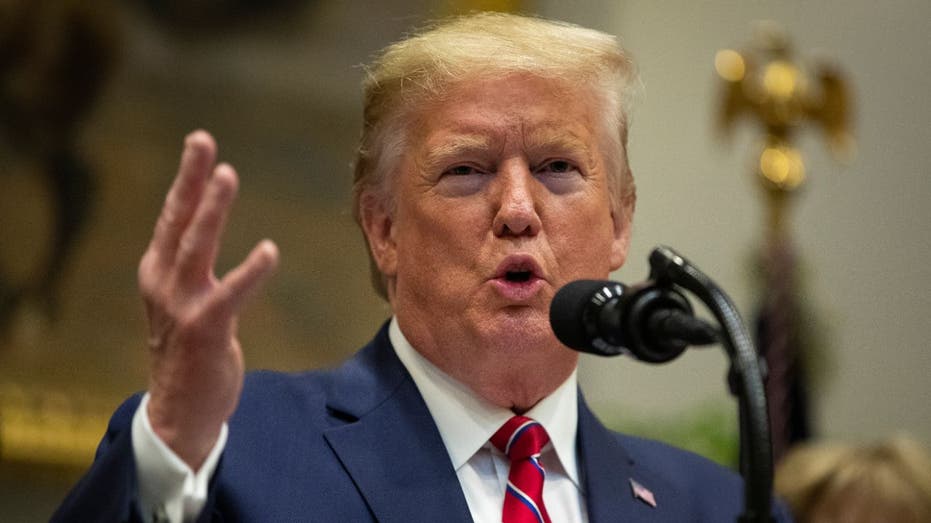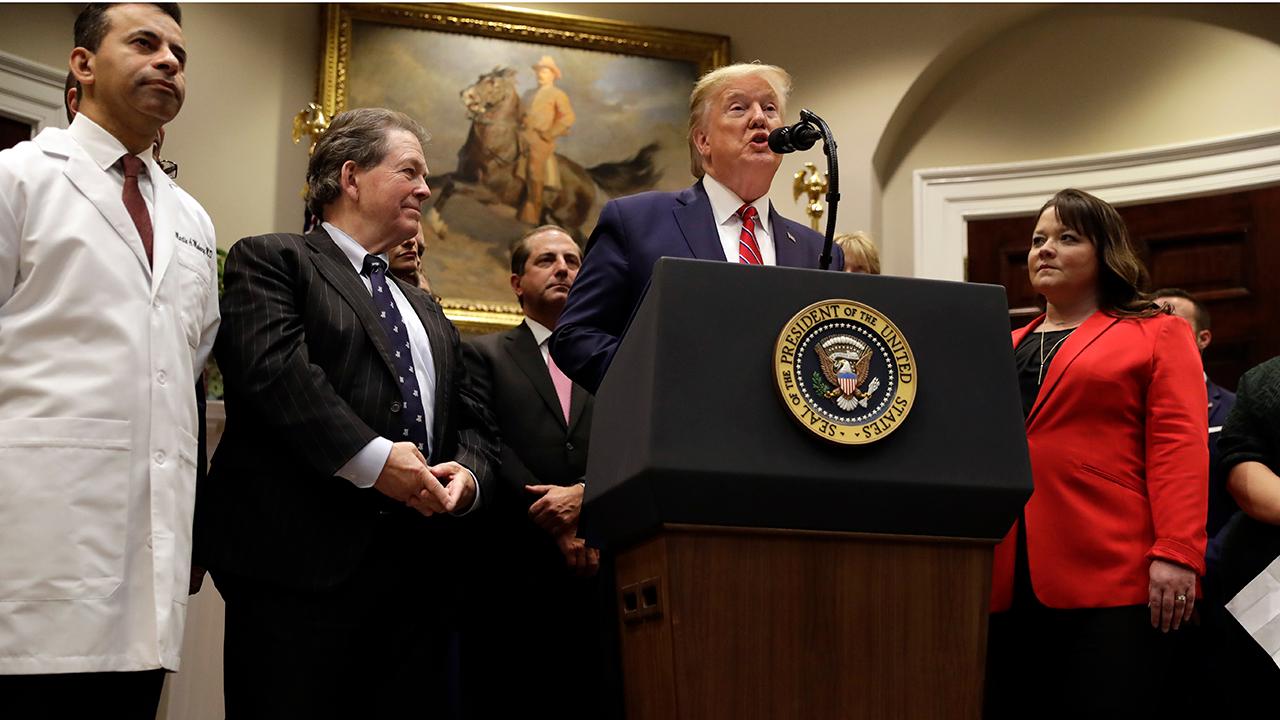Doctors call for lower drug prices with these changes aimed at health care industry
One of the largest groups for doctors in the U.S. is calling for new health care oversight in an effort to counter high prescription drug costs.
A new paper published by the American College of Physicians makes several recommendations the group said are aimed at improving transparency around pharmacy benefit managers — called PBMs for short — in order to provide patients and physicians with “reliable and timely information” on drug pricing.
PBMs play a mostly behind-the-scenes role in health care, but their role has grown over the years. Insurers hire them to get lower prices from drug makers and reimburse pharmacies for sold drugs. The PBMs describe themselves as “advocates” who work to lower drug costs, but critics describe them as “middlemen” who skim profits from drug makers, insurance plans, pharmacists and patients.
Currently, PBM contracts “are never divulged to anybody,” according to Tom D’Angelo, the president-elect of the Pharmacists Society of the State of New York and a pharmacy owner. That means the PBMs can set one price to charge insurers and another price to pay pharmacies, netting the difference as profit. And when they negotiate rebates for insurers from drug makers, they can take some of that money, instead of passing along the savings.
“I like to describe them as parasites on the health system,” D’Angelo said.
The ACP said in its new paper that the government needs to take a closer look at the roles PBMs play in the industry. The group is calling for a ban on “gag clauses” that prevent pharmacies from sharing pricing information with consumers and for new requirements for health plans, PBMs and drug makers to report the amount paid for drugs, the amount of rebates and other pricing information to the Department of Health and Human Services so the feds can make the details publicly available.
WHITE HOUSE BACKTRACKS ON DRUG REBATE RULE
“The U.S. pays more for prescription drugs than any other developed country — putting a great strain on our patients,” said Robert McLean, the ACP’s president. “As physicians, we have a responsibility to address issues that create obstacles to care for our patients, including skyrocketing prescription drug costs.”
The paper was released in the wake of a 403-0 House of Representatives vote in support of a nonpartisan bill that would require PBMs to report pricing information similar to that sought by the ACP.
President Trump has referenced PBMs when discussing his aim to lower drug prices, saying last year that he was planning on “eliminating the middlemen.”
“Whoever those middlemen were — and a lot of people never even figured it out — they’re rich,” Trump said. “They won’t be so rich anymore.”
On Friday, Trump announced plans to add rules that would require hospitals to make prices publicly available online and require insurance companies to provide cost estimates ahead of care.

President Donald Trump speaks during an event on healthcare prices in the Roosevelt Room of the White House, Friday, Nov. 15, 2019, in Washington. (AP Photo/ Evan Vucci)
But the administration hasn’t taken any firm action on PBMs so far. While the Trump administration has proposed a rule to eliminate rebates paid by drug makers to PBMs, officials said in July that they were withdrawing the proposal.
The ACP also said it’s supporting added regulations of PBMs and competition in the health care industry. The top three PBMs together control 76 percent of the market, according to Drug Channels, a pharmaceutical industry insight firm.
GET FOX BUSINESS ON THE GO BY CLICKING HERE
Part of the problem is a lack of competition, according to D’Angelo. The three largest PBMs each have common ownership with a different insurer and specialty pharmacy, which D’Angelo said means they can rig prices to their benefit and the detriment of competitors like independent pharmacies. He described it as “monopolistic, anti-competitive behavior.”
“We are being basically robbed on reimbursement,” he said.
But PBMs say they actually play an essential role in negotiating down the price of drugs from manufacturers. In a recent Washington Examiner op-ed, J.C. Scott, the head of PBM industry group the Pharmaceutical Care Management Association, wrote that PBMs do pass savings from negotiations with drug makers on to health plans and consumers.
“Pharmacy benefit managers are an integral part of the solution to high prices, working on behalf of hundreds of millions of consumers to make treatments more accessible and affordable, and supporting policies to lower costs and improve patient care,” Scott wrote.

Prescription white pills
STATES PURSUE AGGRESSIVE DRUG PRICING REMEDIES
While efforts to regulate PBMs on the federal level have been slow to start, some states have pursued their own legislation. In West Virginia, officials said the state saved more than $54 million after lawmakers voted to cut PBMs out of Medicaid management. Michigan lawmakers have passed a similar law that’s due to go into effect in December.
D’Angelo said he hopes more states — and the feds — will take similar action.
READ MORE ON FOX BUSINESS BY CLICKING HERE
“The only solution I personally see is to eliminate them from the market,” he said.
